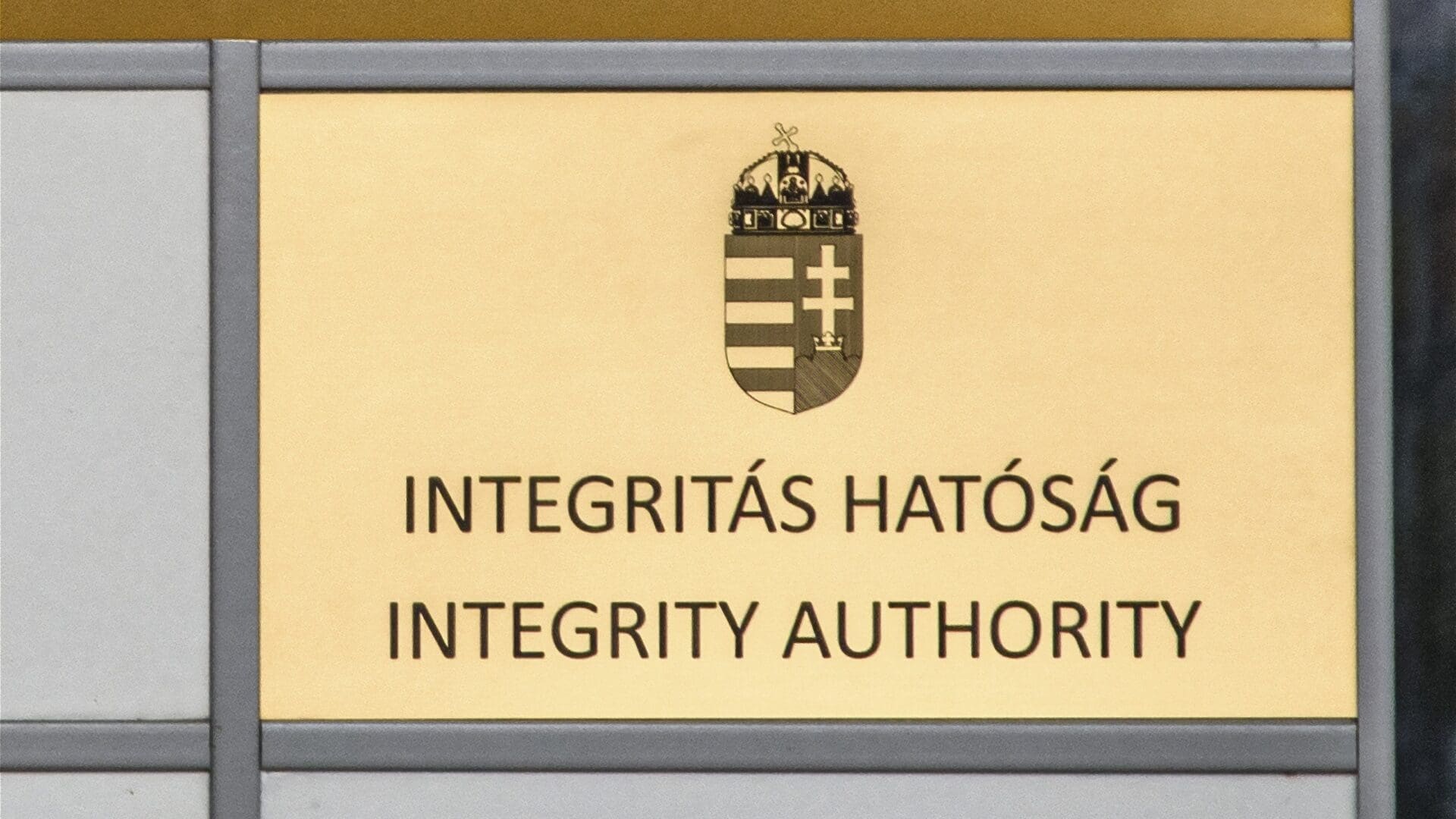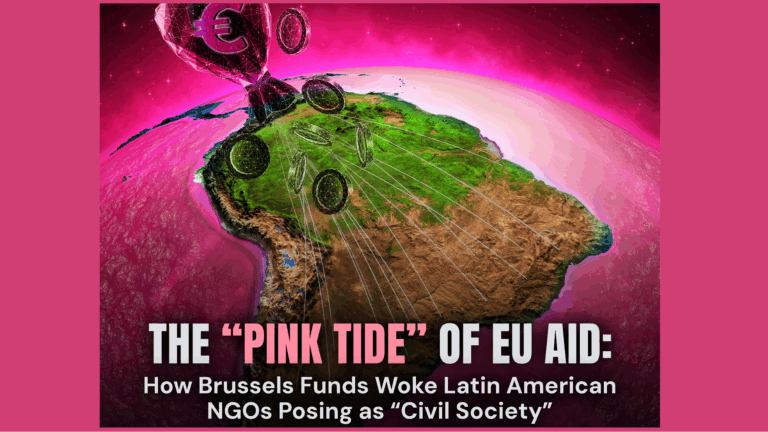The Integrity Authority presented its report on the year 2022 at a press conference in Budapest on Thursday, 29 June. The president of the authority, Ferenc Biró emphasised that the more than 50 proposals formulated in the integrity report will contribute to the establishment of a new economic culture and to the more careful and efficient use of public funds.
Ferenc Biró reminded stated that the authority was established to protect the money of European Union taxpayers, and make sure it is spent appropriately and in a targeted fashion. However, their goal is more ambitious,
aiming to initiate a kind of cultural change in the economy,
where the parties involved can and want to say no to corruption challenges. The report, which is over 200 pages long, describes the supervision system of the use of European Union funds, procurement rules, analyses procurement data, looks at regulations related to conflicts of interest, the issue of asset declarations, and presents an own risk assessment method, explained the president.
Ferenc Biró expressed that a similar report has not been prepared in Hungary yet, so it required significant research work. The authority sought international examples and best practices, and then wrote the report with a forward-looking and improvement-oriented intention, aiming to bring about actual and substantial changes in the economic life. However, he noted that their work was hindered by the fact that the received data were often fragmented, partly incomplete, and the information was often unverified. As the main idea of the report, he highlighted the necessity for the institutional system to act as ‘good stewards.’ The authority proposed to establish an ownership mentality in the control mechanisms, the allocation of support, and public procurement processes. In their opinion, the institutional system needs to be equipped with appropriate human and IT tools, methodology, and knowledge to make the control more effective, and the authority offers partnership in achieving this.
The president stated that during the evaluation of the control system for EU funds, the authority found that the legal environment for public procurement is adequate, and individual control institutions have developed their own internal control methodologies. However, these methodologies show significant differences between institutions, so it is not clear to the authority whether these procedures are sufficiently effective. Therefore, further investigations will be conducted in this area. The internal regulations rarely or not at all define individual responsibilities for conducting inspections, and the number of irregularity procedures is extremely low compared to all funding contracts.
This indicates that there are shortcomings in the functionality of the control system,
Ferenc Biró said.
He further mentioned that the authority has often observed that the institutions notify the subject of the inspection in advance, which allows excessive time and opportunity for preparation or even for the removal of evidence. This is a fundamental methodological error, and therefore, the authority recommends reconsidering the method of announced on-site inspections combined with increasingly frequent, extraordinary inspections. The authority also suggest that the institutional system adopt a risk management approach and methodology, conduct checks that span across support programmes, and follow the principle of ‘substance over form,’ where the content is more important than the appearance. Methodological assistance to the institutional system in this regard has been also offered, the president noted.
The authority found that the regulation of public procurement is in line with EU directive requirements, but it would be justified to examine the anomalies that arise in the application practice more deeply. At the same time, the authority proposes that the data of public procurement agreements conducted through framework agreements should be made public. To increase trust and efficiency, the authority would recommend reducing the use of single-bid procedures, ensuring the possibility of partial bidding, and making the results of reports on violations of competition transparency public.
Ferenc Biró referred to the issue of conflicts of interest as a complex and long-standing problem that is ‘difficult to grasp.’ The authority believes that in a narrow, few-player market like Hungary, it is difficult to avoid conflicts of interest, so special attention must be paid to them, and efforts should be made to manage the risks involved. The authority believes that
instead of concealing situations, establishing proper control can help transparency,
and there are salient examples of this, so it is achievable. Additionally, there is a need to establish a unified framework capable of electronic record-keeping and monitoring.
The law also requires the authority to examine asset declarations, but this has not yet been done. The report only contains a descriptive overview of the Hungarian asset declaration system, while a separate report comparing the Hungarian situation with international practices will be issued at the end of the year, as reported by the president. During the press conference, the anonymous reporting platform available on the authority’s website, through which whistleblowers may report suspected corruption, fraud, and conflicts of interest related to European Union funds was presented. The authority stated that they process every report and if it falls within the authority’s jurisdiction, an investigation is initiated.
Read more:








